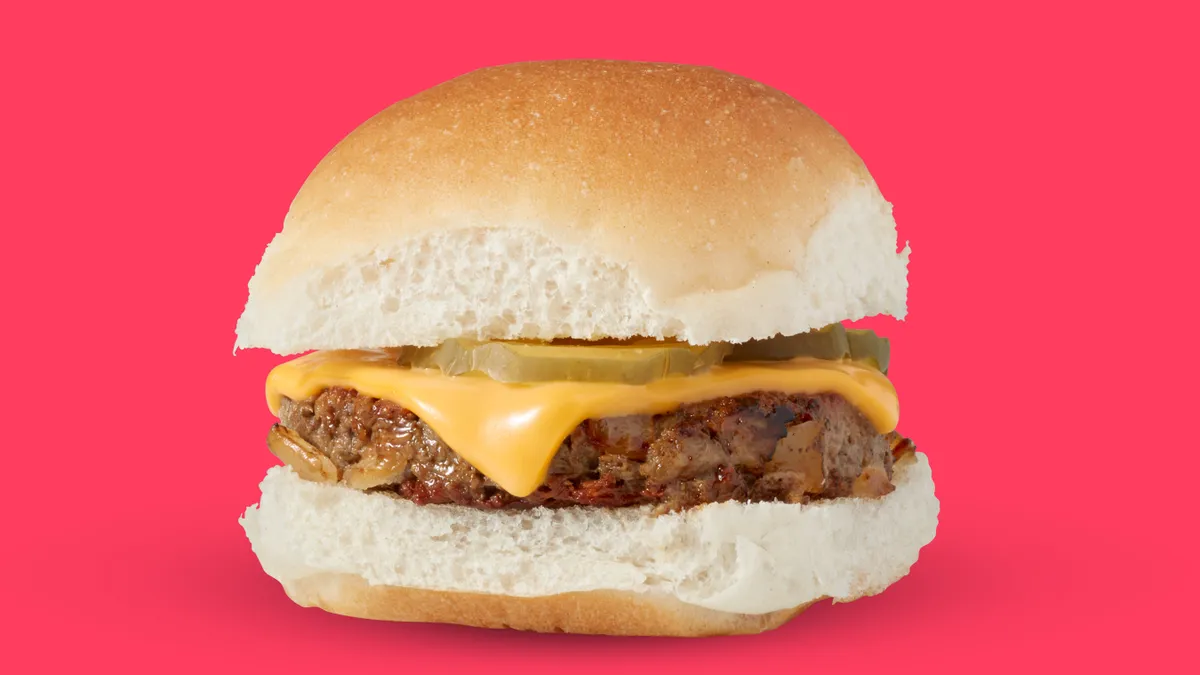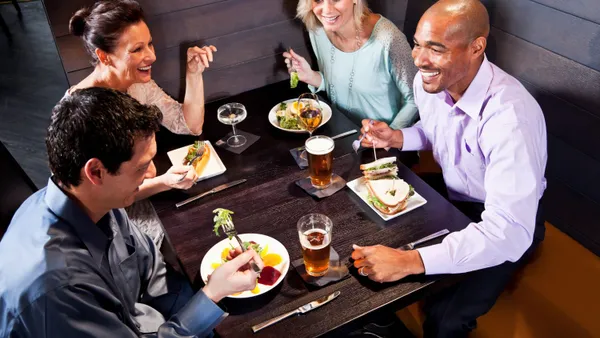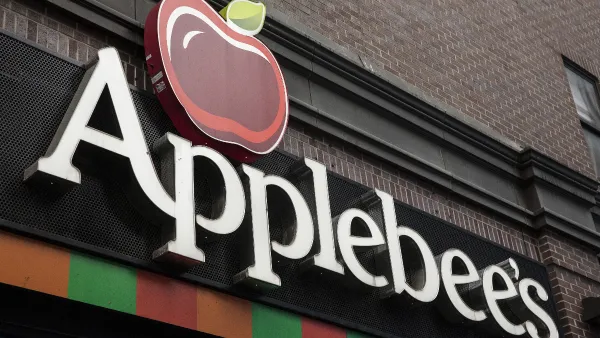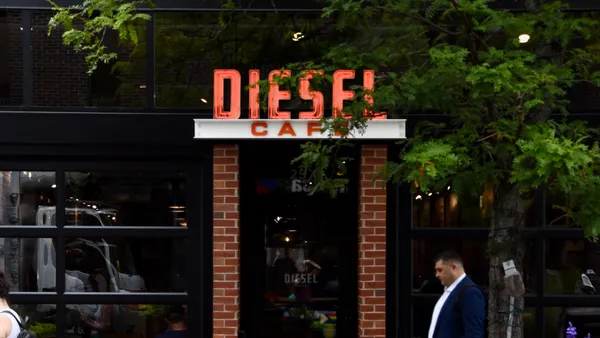Dive Brief:
- After debuting in April in select locations, White Castle is rolling out the Impossible Slider at all 377 White Castle restaurants nationwide for $1.99, according to a press release.
- As the first fast food chain to tap into the demand for a meat-like, plant-based protein patty on the go, people have responded enthusiastically and, according to the company, sales have remained above expectations. More than 60,000 fans have signed an online petition for other fast food chains to follow suit.
- Toppings for the Impossible Slider include pickles, onions and smoked cheddar cheese.
Dive Insight:
Make no bones about it, White Castle's announcement is a big win for the Impossible Burger. While the Impossible Burger has been warmly received in other chain restaurants like The Cheesecake Factory and Applebee's, their partnership with White Castle marks Impossible Foods' first significant dive into the fast food world as it tries to win over burger fans.
Why aim for the true, red-blooded carnivores? Because even meat-eaters are seeing value in eating plants on occasion. According to HealthFocus International data, 17% of U.S. consumers aged 15 to 70 currently claim to eat a predominately plant-based diet, while 60% report to be cutting back on meat-based products. An even more noteworthy indication that the trend toward plant-based is here to stay is a report published in 2015 by NPD Group, Midan Marketing and Meatingplace, a trade publication, which found 70% of consumers who eat meat are substituting a non-meat protein in their meal at least once a week. And of that total, 22% said they are using non-meat proteins more often than the year before.
After years of chemistry experiments and tests, it looks like the Impossible Burger may have engineered the winning combination. Its burgers are pink in the middle and even 'bleed' and sizzle on the grill. The life-like feel and taste of the burger have allowed it to nab meat eaters. In fact, 70% of people buying the plant-based burger are carnivores.
Apart from taste, consumers have shown interest in the Impossible Burger for its natural roots in sustainability. Manufacturing the burgers takes about 1/20 the land, a quarter of the water, and produces 1/8 the greenhouse gas emissions, according to the company. Plus, for the health conscious, burgers made from plants have less fat, no cholesterol and tend to have more protein than a regular burger. But it still isn't exactly that red-blooded burger that people love.
People eat meat because it tastes good, is convenient and is high in protein. It's also widely available and affordable. Although not the same, the Impossible Burger aims to be all those things in hopes of permanently breaking out of its niche status and belonging to the masses. And they are not alone.
Wider acceptance of plant-based meat alternatives that replicate the real deal is a growing bright spot for plant-based chains like Next Level Burger, which Whole Foods recently expanded its partnership with. In fact, the industry as a whole has seen sales of plant-based foods increased by 20% last year to more than $3.3 million, according to data from Nielsen and the Plant-Based Foods Association. Plant-based meat alternatives jumped 24% to $670 million. Animal meat sales, on the other hand, grew about 2% in the same time period.
While meat is still a welcome ingredient in restaurants, there is clearly a growing market for plant-based alternatives that are hyper-realistic meat analogs. Gone are the days of the frozen Boca burger patty. Consumers are searching for indulgent foods that offer a satisfying taste, look and feel, but are still mindful of clean eating standards. With the surging popularity of plant-based meat, restaurants may want to get a cut before the hungry crowds have gone elsewhere.
Want more restaurant industry coverage? Subscribe to Restaurant Dive — our newest sister publication launching in mid-October. Sign up→















